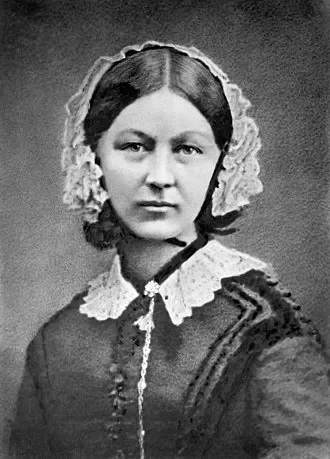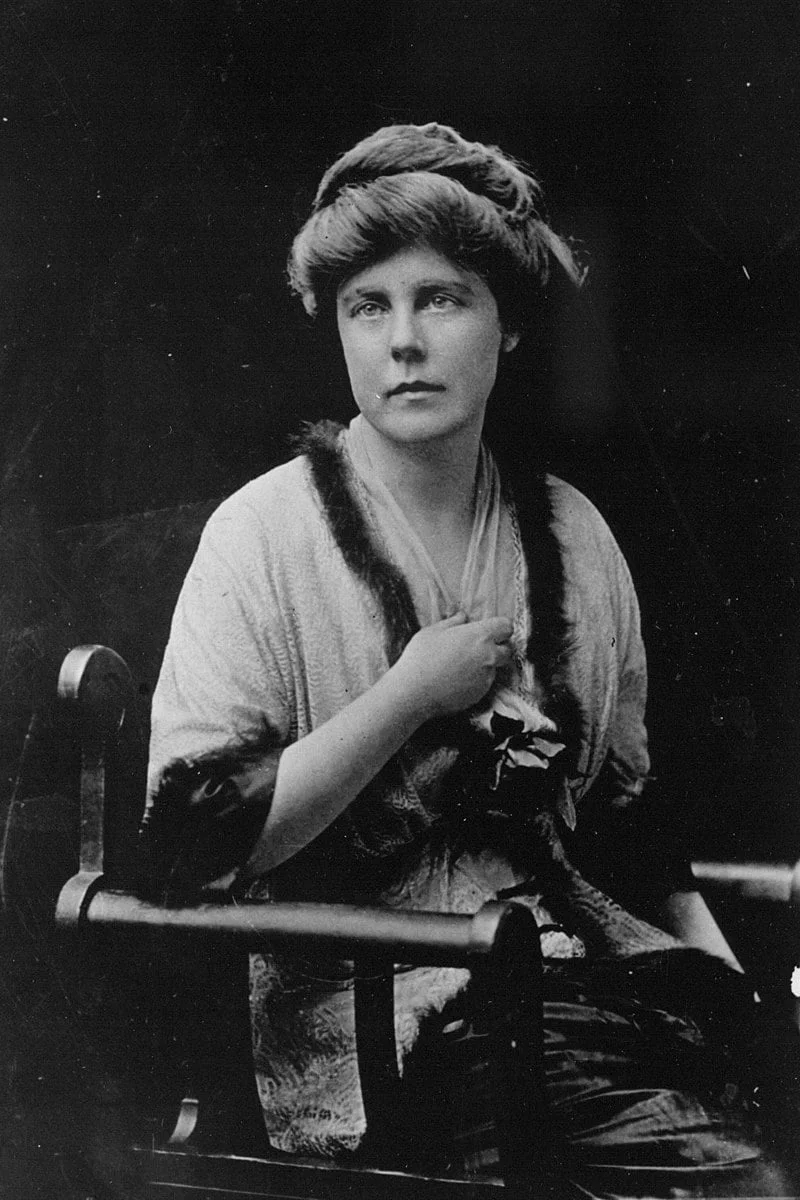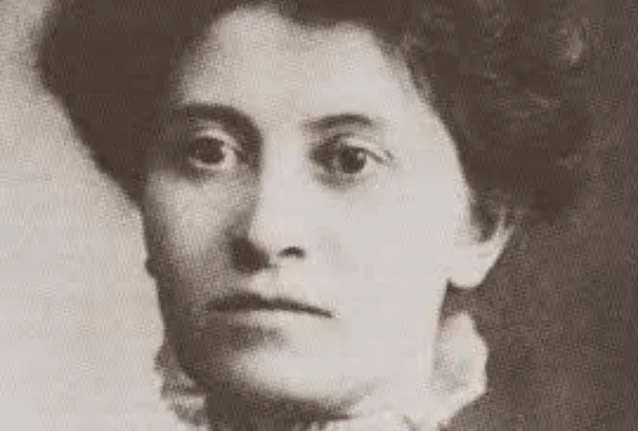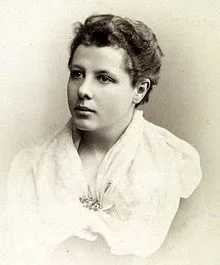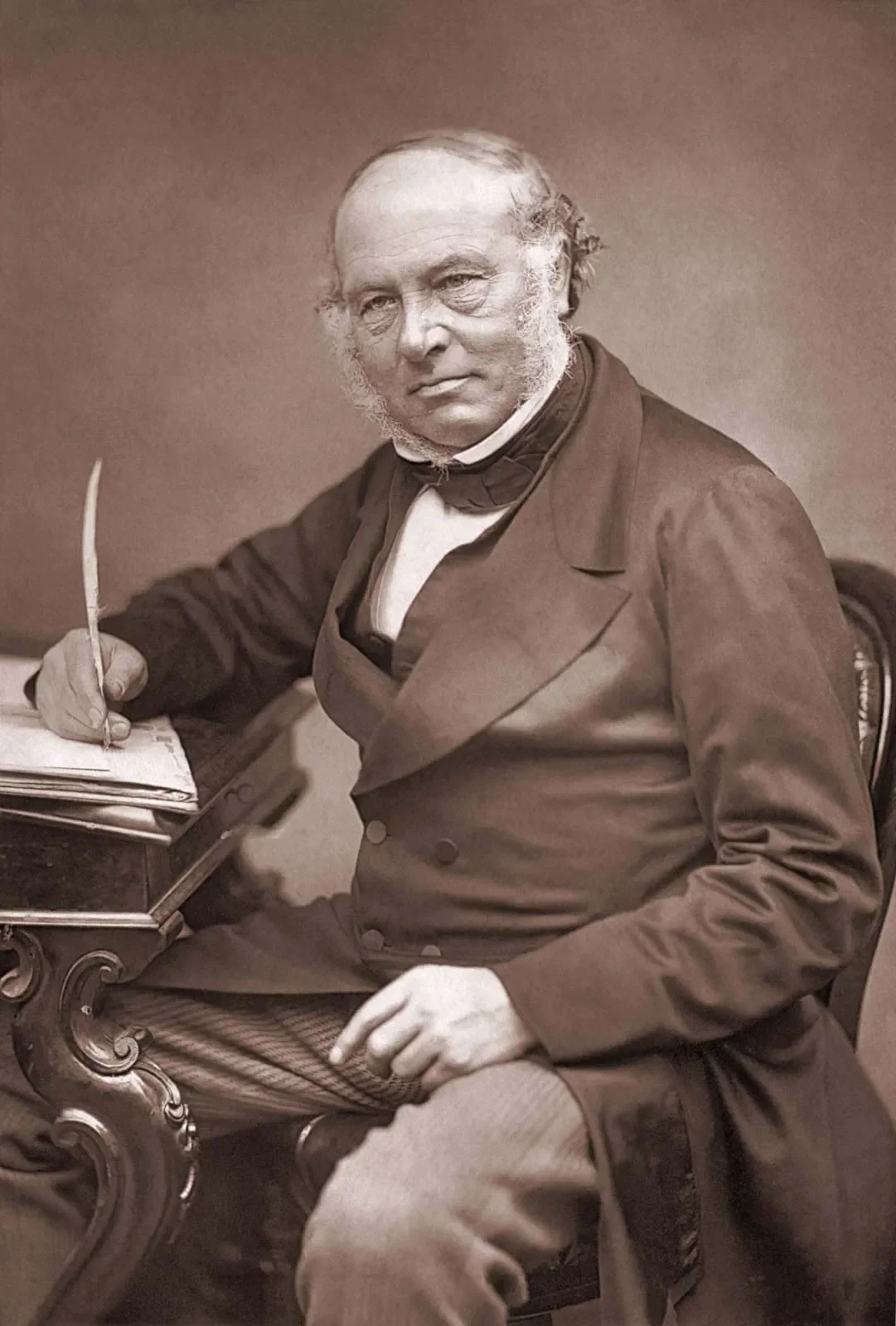Real Celebrities Never Die!
OR
Search For Past Celebrities Whose Birthday You Share
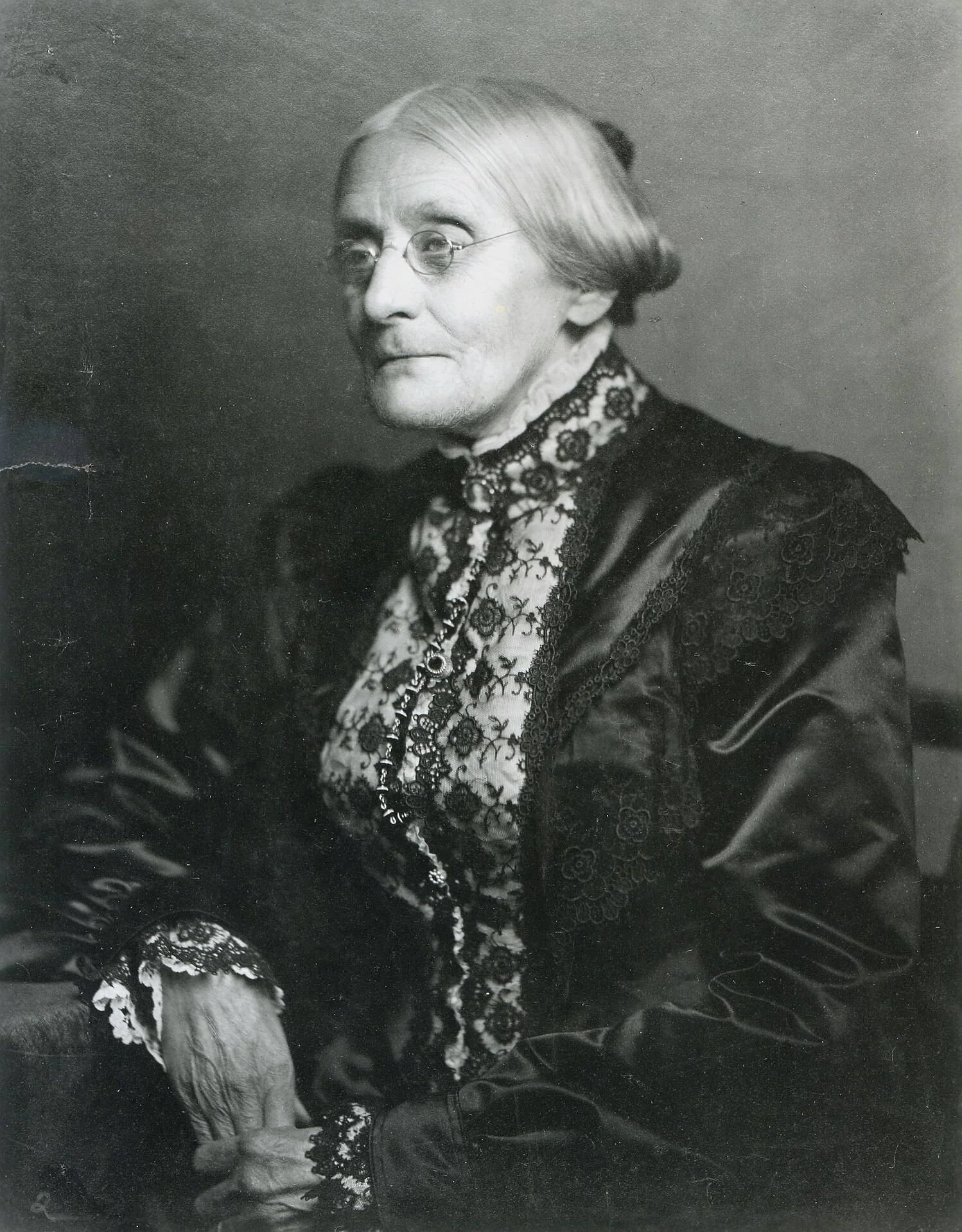
source: wikipedia.org
Susan B. Anthony
Birthday:
15 Feb, 1820
Date of Death:
13 Mar, 1906
Cause of death:
Heart failure and pneumonia
Nationality:
American
Famous As:
Social reformer
Age at the time of death:
86
Susan B. Anthony's Quote's
Introduction
Susan B. Anthony, a well-known advocate for social reform and women’s rights in America, played a crucial role in the suffrage movement. Born on February 15, 1820, in Adams, Massachusetts, she came from a Quaker family that strongly believed in social equality.
Early Life and Education
Her parents were strict abolitionists who fought for the emancipation of slaves. Hence, she was exposed to social justice issues from an early age and learned about the importance of fighting for marginalized groups. Initially receiving her education at a local district school, she later attended a boarding school in Philadelphia.
Career and Early Activism
Starting her career as a teacher, Anthony began to actively participate in various social causes, including temperance, abolitionism, and education reform. In 1845, she moved to Rochester, New York, where she met prominent activists such as Frederick Douglass and William Lloyd Garrison. Inspired by their dedication to the cause, Anthony became an outspoken advocate for the abolition of slavery, delivering passionate speeches and raising awareness about the injustice of human bondage.
Partnership with Elizabeth Cady Stanton
In 1851, she crossed paths with Elizabeth Cady Stanton, forming a lifelong friendship and partnership in the fight for women’s rights.
Focus on Women’s Suffrage
Realizing that the key to achieving equality for women was through political power, Susan B. Anthony focused her efforts on securing the right to vote. She believed that without the ability to participate in the democratic process, women would always be at a disadvantage.
Founding the National Woman Suffrage Association
Anthony and Stanton established the National Woman Suffrage Association in 1869, dedicated to campaigning for a constitutional amendment granting women the right to vote. Anthony’s advocacy extended to co-editing The Revolution, a newspaper that advocated for women’s issues.
Resistance to Her Campaign
Susan B. Anthony’s campaign for women’s suffrage was met with resistance by many people, including some women who believed that women shouldn’t get involved in politics and should stick to their domestic roles instead.
Act of Civil Disobedience
Anthony gained notoriety for her act of civil disobedience when she illegally cast her vote in the 1872 presidential election. This led to her arrest and subsequent fine. Refusing to pay the fine, she utilized her trial as a platform to spread her message of women’s suffrage.
Later Years and Legacy
At the age of 86, Susan B. Anthony passed away in 1906, leaving behind a legacy of tireless dedication to the advancement of women’s rights.
Impact and the Nineteenth Amendment
She did not live to see the ratification of the Nineteenth Amendment in 1920, which granted women the right to vote in the United States.
Name:
Susan B. Anthony
Popular Name:
Susan B. Anthony
Gender:
Female
Cause of Death:
Heart failure and pneumonia
Spouse:
Place of Birth:
Adams, Massachusetts, U.S.
Place of Death:
Rochester, New York, U.S.
Occupation / Profession:
Personality Type
Advocate: Susan B. Anthony wasn’t afraid to stand up for her rights as well as the rights of others.
She convinced the University of Rochester to admit women in 1900.
She fought for the right for women to own property.
She was the first woman to appear on a U.S. coin.
Susan B. Anthony was once arrested because she voted illegally in a presidential election.
Hall of Fame for Great Americans (1950)
National Women’s Hall of Fame (1973)

